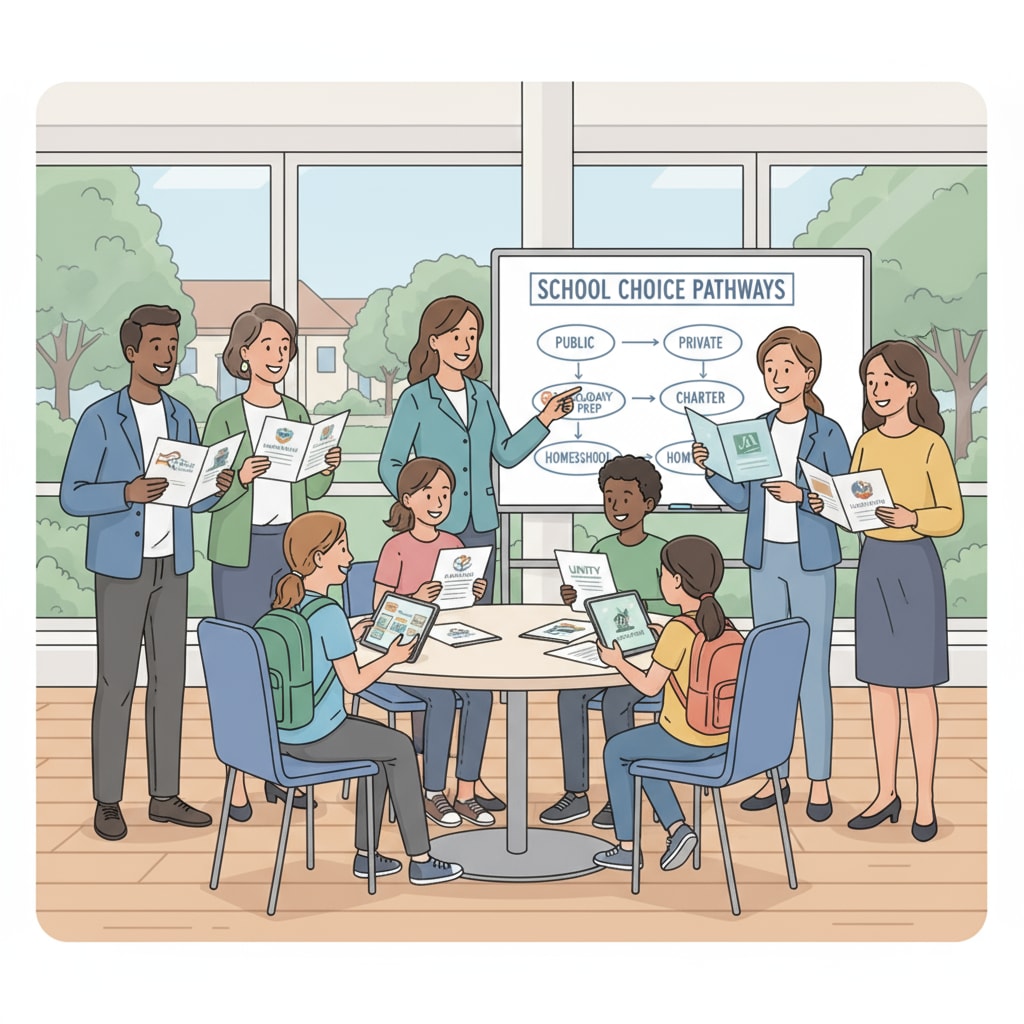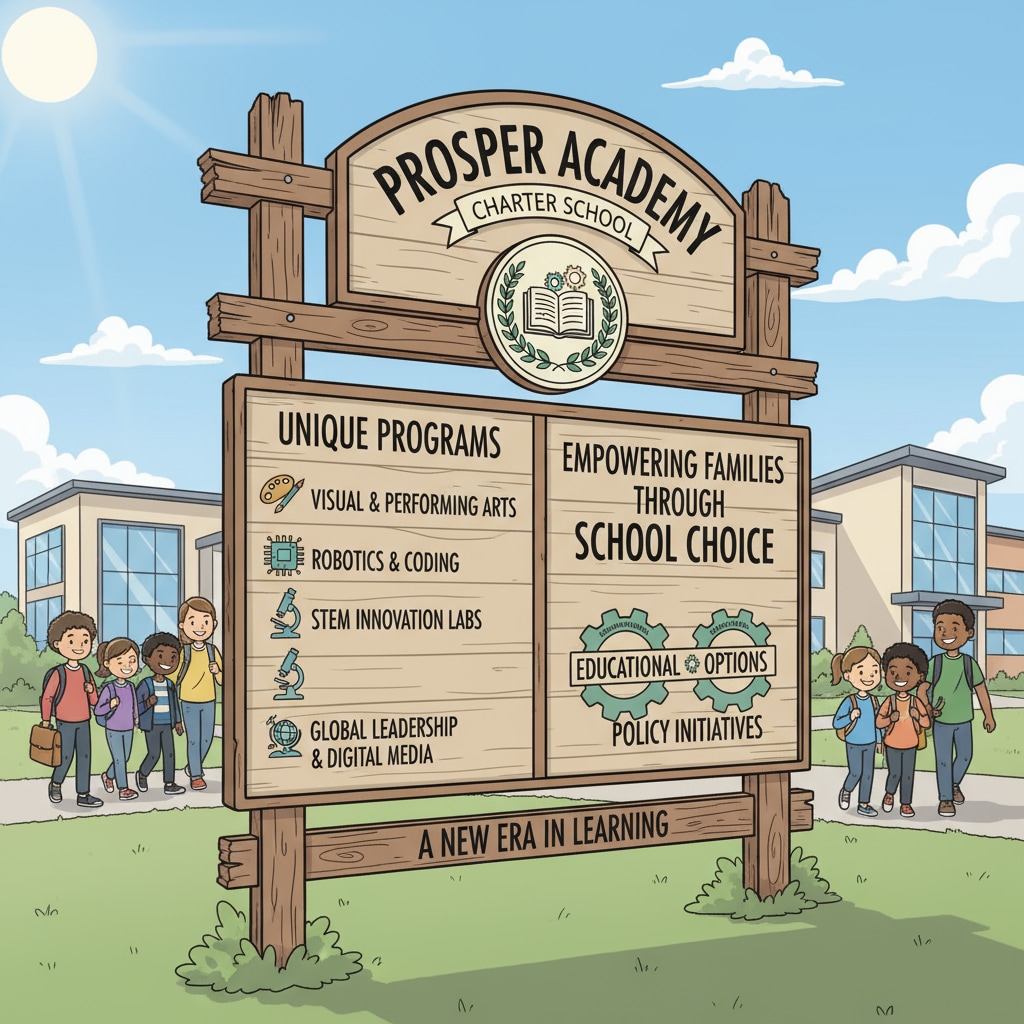School choice, political controversy, and education policy are intertwined in the complex landscape of American education. The school choice policy has emerged as one of the most divisive issues, polarizing opinions and triggering intense political debates. This policy, which aims to enhance educational quality, has instead become a lightning rod for controversy.

The Core of School Choice Policy
The school choice policy encompasses various initiatives that give parents and students more options in selecting educational institutions. This can include vouchers, charter schools, and magnet schools. Vouchers, for example, provide parents with public funds to send their children to private schools. Charter schools are publicly funded but operate independently, with more flexibility in curriculum and teaching methods. Magnet schools attract students by offering specialized programs, such as science, technology, engineering, and mathematics (STEM). These options are designed to break the monopoly of traditional neighborhood schools and offer more choices for families seeking better educational opportunities for their children. School choice in the United States on Wikipedia

The Divide in Political Stances
On one side of the political spectrum, proponents of school choice view it as a means of promoting educational freedom. They argue that it allows parents to choose the school that best suits their child’s needs, regardless of their geographical location or financial status. This, they believe, can lead to increased competition among schools, which in turn drives up educational quality. On the other hand, opponents are concerned that school choice could lead to the fragmentation of the public education system. They worry that it might siphon off resources from traditional public schools, leaving them underfunded and struggling to provide quality education. Additionally, there are concerns about the potential for segregation, as students from certain socioeconomic backgrounds may be concentrated in specific schools. School choice on Britannica
The underlying value conflicts are at the heart of this political divide. Supporters of school choice often emphasize individual freedom and the right of parents to make decisions about their children’s education. They believe in a market-based approach to education, where schools compete for students. In contrast, opponents value the concept of a universal, equitable public education system that provides equal opportunities for all students, regardless of their background. These different value systems create a significant rift in the political debate surrounding school choice.
Readability guidance: The above content clearly presents the core of the school choice policy and the divide in political stances. Short paragraphs and simple language are used for better understanding. Transition words like “on one side” and “on the other hand” help to connect ideas smoothly. Each section focuses on a key aspect of the topic.


